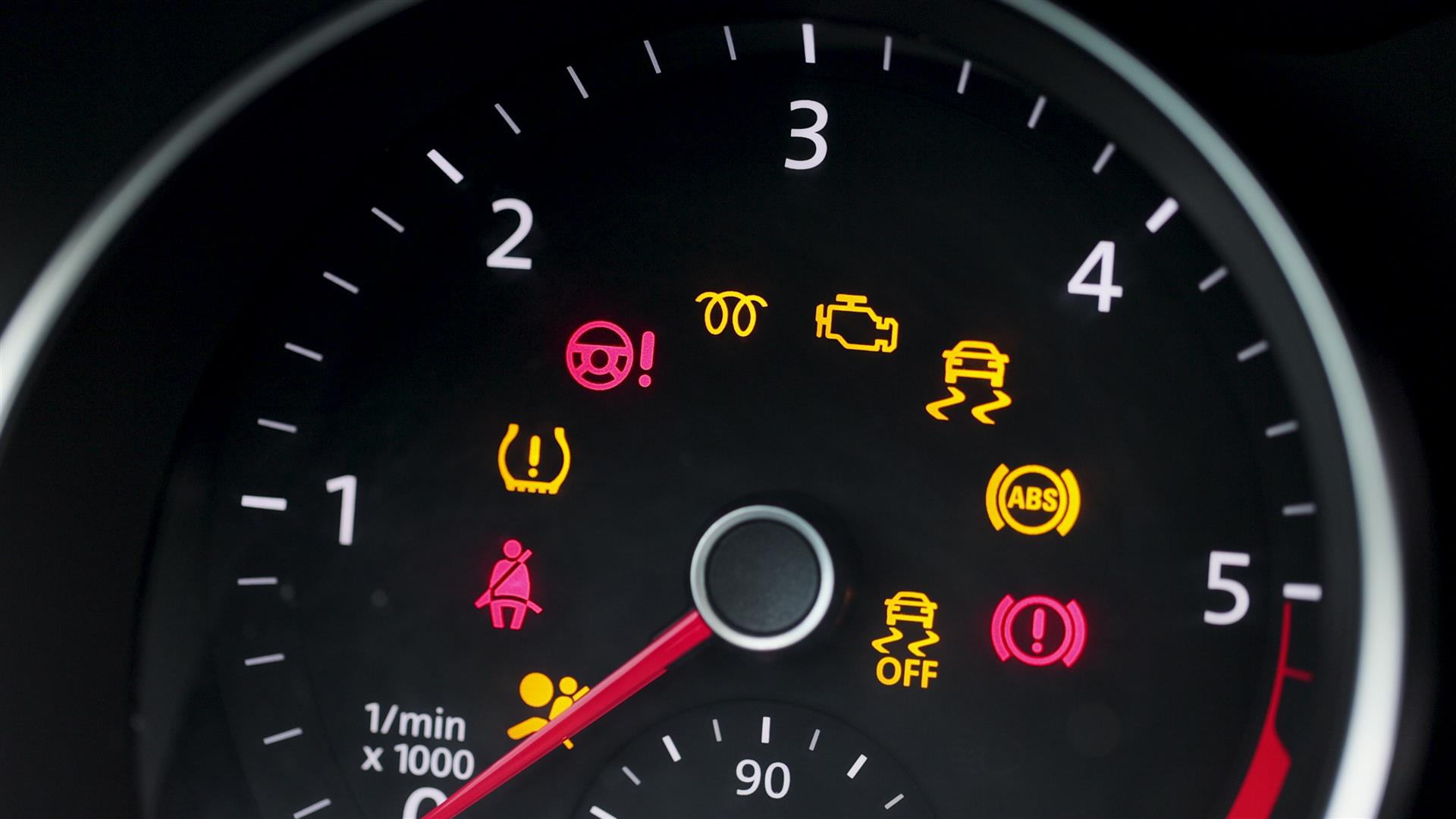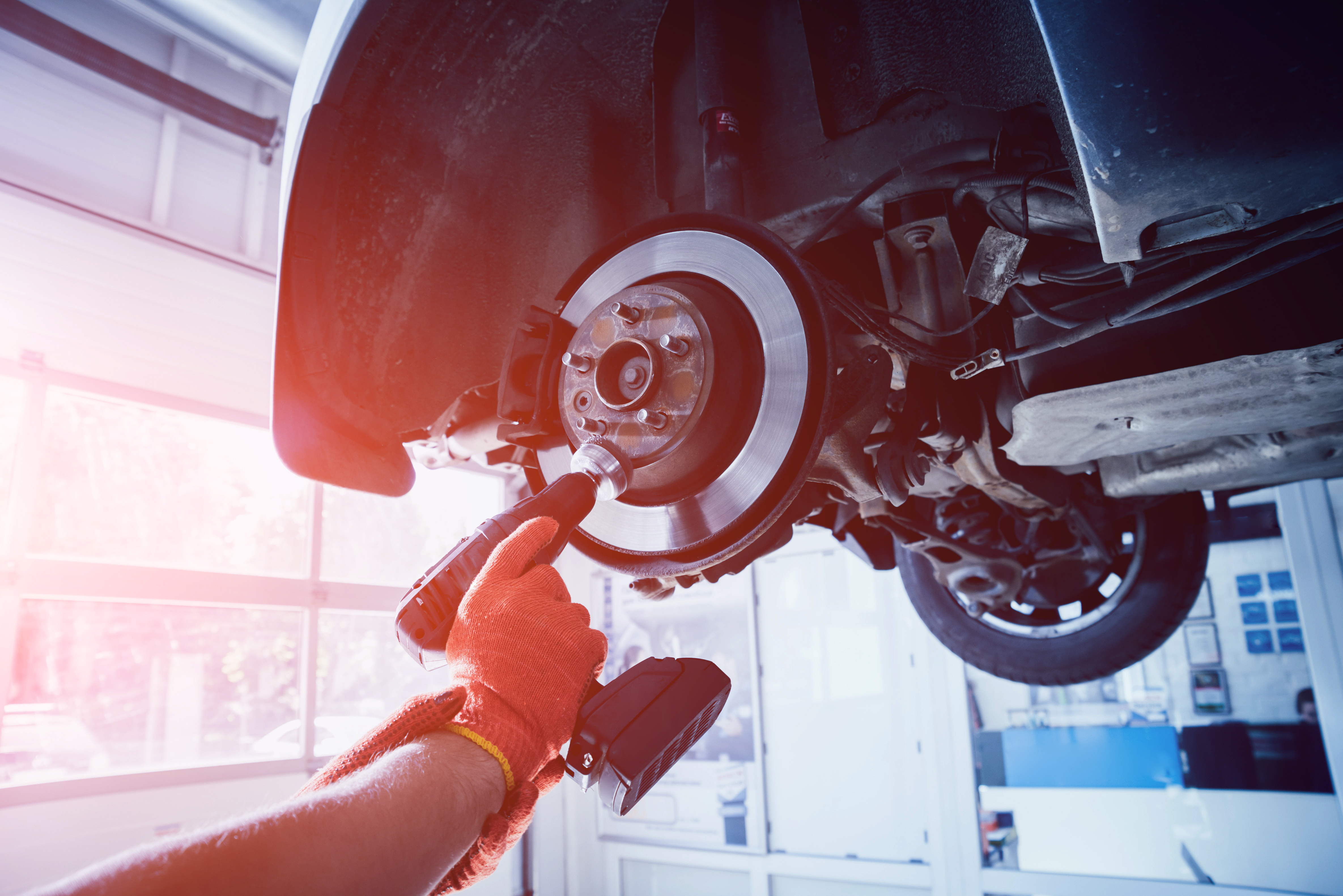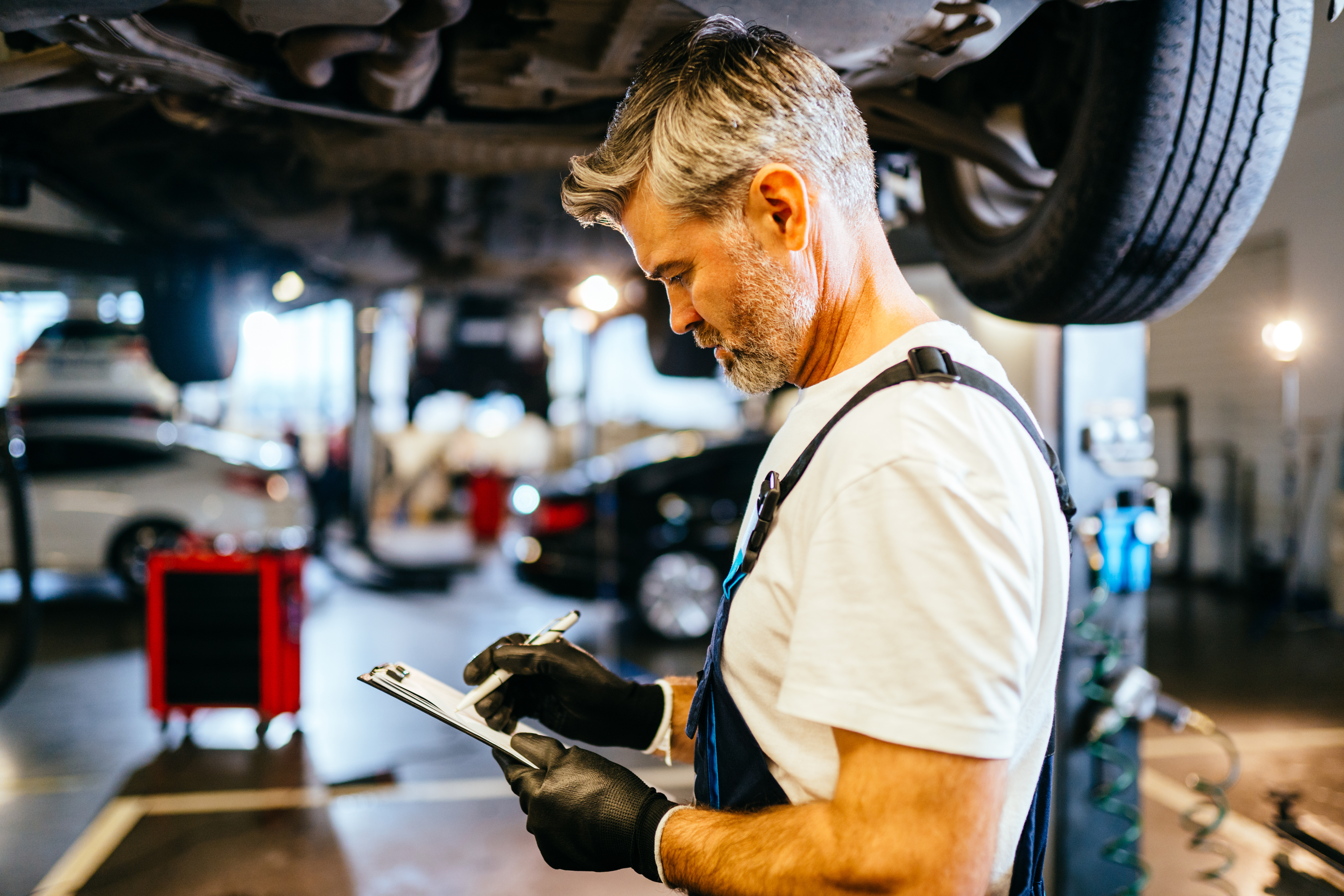Posted on 8/5/2023

Owning a car is a significant investment, and like any investment, it requires care and attention. Preventative services are vital to ensure the safety, efficiency, and longevity of your vehicle. At Concourse Automotive, we offer a comprehensive suite of 20 types of preventative services. Let's explore what these services are, why they're essential, and how they contribute to the overall performance of your vehicle. What are Preventative Services? Preventative services consist of regular check-ups, inspections, and necessary adjustments that maintain the health of your car and help to avoid potential problems in the future. They play a critical role in enhancing your safety, improving efficiency, extending your vehicle's lifespan, and avoiding costly repairs. The 20 Types of Preventative Services Engine and Performance: Oil Changes: Refreshes engine oil to ensure proper lubrication and reduce wear. Spark Plug Replacement: Replaces worn spark plugs to ensure optimal co ... read more
Posted on 7/27/2023

Summer Car Care: Essential Tips to Keep Your Vehicle Running Smoothly As the summer heat peaks, your car requires some extra attention and care to handle the seasonal challenges. The scorching temperatures, intense sunlight, and increased road trips can take a toll on your vehicle. In this blog post, we'll provide you with essential summer car care tips to ensure your vehicle stays in top shape and you can enjoy a worry-free summer driving experience. 1. Beat the Heat: Cooling System Maintenance and Checks Your car's cooling system plays a critical role in keeping the engine temperature under control. We'll discuss how to inspect and maintain your car's cooling system, including checking coolant levels, inspecting hoses and belts, and cleaning the radiator for optimal performance during hot summer days. 2. Tire Care in High Temperatures: Ensuring Safety and Efficiency Summer heat can cause the air inside your tires to expand, leading to overinflation and potential ... read more
Posted on 7/7/2023

One of the most critical yet often overlooked aspects of owning and operating a vehicle is understanding what your car is trying to communicate through its dashboard lights. These icons, often glowing in attention-grabbing reds and yellows, provide vital information about your vehicle's health and operational status. However, deciphering these hieroglyphics can be challenging for many drivers. That's why, in this blog post, we aim to demystify the meanings behind common dashboard lights, so you can take appropriate action when they illuminate. Common Dashboard Lights and Their Meanings:Engine Warning Light (Check Engine Light): This symbol resembles a car engine and can either flash or remain steady. A steady light typically indicates a non-urgent issue, such as a loose gas cap, but a flashing light signifies a potentially severe problem like an engine misfire, which can lead to damaging your catalytic converter. Oil Pressu ... read more
Posted on 6/15/2023

When it comes to vehicle safety, there's no component more critical than your brakes. They are your car's primary safety mechanism, but they also suffer a significant amount of wear and tear over time. In a state like Texas, where the summer heat can be relentless, the importance of regular brake inspections and repairs becomes even more crucial. Why Brakes Matter Your brakes are your car's first line of defense against accidents. They allow you to slow down, stop on a dime when necessary, and maintain control in dangerous road conditions. However, like any other part of your vehicle, brakes are subject to wear and tear, and their performance can degrade over time. This is why regular brake inspections are a must. They ensure that you can rely on your brakes when you need them most. The Heat Factor: Texas Summers and Your Brakes While it's important for all car owners to keep their brakes in top shape, Texas drivers face some ... read more
Posted on 5/22/2023

In the realm of automobile maintenance, your ears can be a remarkably useful tool. Engine noises often provide the first hint of what might be going wrong under the hood. Ignoring these sounds can lead to more serious issues, resulting in costly repairs and even unsafe driving conditions. Here are five engine noises that you should never ignore. If your vehicle starts making any of these sounds, it's time to schedule an appointment with your trusted mechanic as soon as possible. 1. Squealing or Screeching on Startup A high-pitched squeal or screech that occurs when you start your car may be an indication of a problem with your serpentine belt. This belt controls many of your engine's essential functions, including the alternator, power steering pump, and air conditioning compressor. If the belt is worn out, misaligned, or the tensioner is not working properly, it could cause this noise. Left unaddressed, your car could end up broken down at the most inconven ... read more
Posted on 4/27/2023

For most of us, our cars are an essential part of our daily lives. We rely on them to get us to work, transport our families, and take us on adventures. However, despite our dependence on our vehicles, they can sometimes leave us frustrated and stranded due to unexpected issues. In this blog post, we will explore some common car problems and offer guidance on how to diagnose and address these issues, focusing on engine overheating, transmission problems, and check engine light diagnostics. Engine Overheating: Engine overheating is a common problem that can lead to severe engine damage if not addressed promptly. Here are a few possible causes and solutions: Low Coolant Level: Check the coolant reservoir and ensure that it's filled to the appropriate level. If it's low, top it off with a 50/50 mix of water and antifreeze. Radiator Fan Malfunction: Inspect the radiator fan for any visible damage. If the fan isn't turning on when the engine reaches its opera ... read more
Posted on 8/21/2015

The saying “prevention is better than cure” applies not only to humans, but also man-made machines with cars being no exception. Preventive maintenance is the answer to increasing the life of a car, and it also adds to its value and on road efficiency. In addition, a well-maintained car always gives back in terms of fuel efficiency, drive quality and performance. Now the question is: how to go about it? When it comes to preventive maintenance, covering all basic elements, such as engine oil, tire air pressure, car air conditioning service, headlights, etc. may not be enough. Here is a list of a few essential preventive measures that you need to follow. Never let anyone but a certified mechanic perform any kind of an emissions test. Preventive Maintenance Oil and Filter Change Oil and filter replacement almost always results in enhanced performance. This process needs to be performed regularly to ensure that the bu ... read more